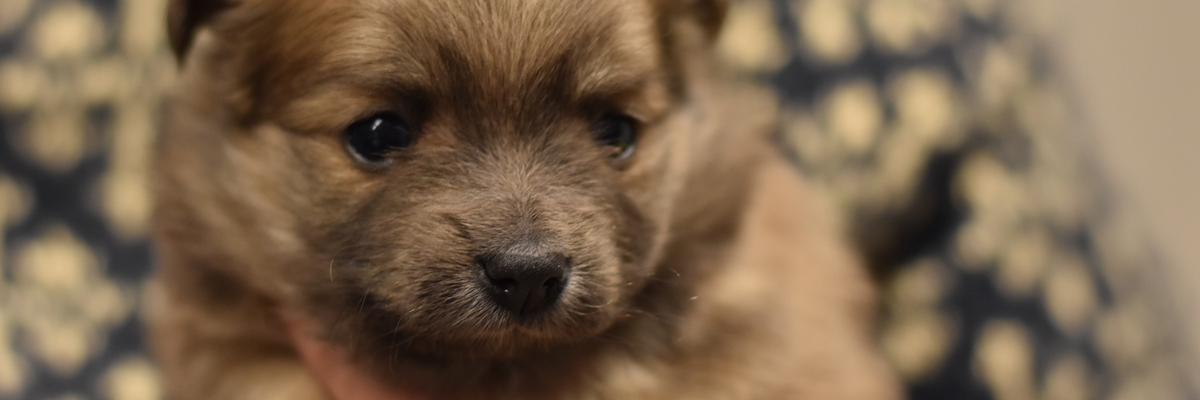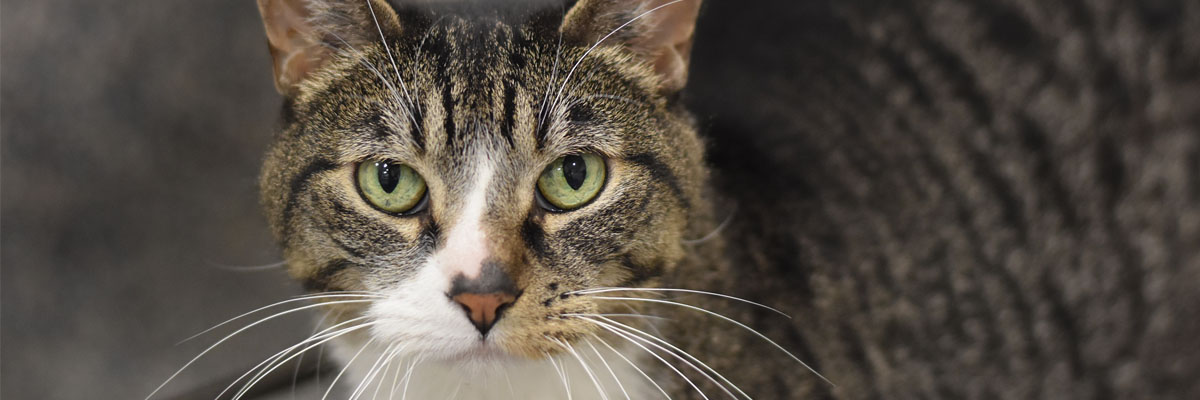Every year at Lollypop Farm, we celebrate World Spay Day (always in the last week of February) by spaying and neutering a large number of cats for free! In 2020, our goal is bigger than ever—we’re going to be providing spay/neuter services to 100 cats in our community at no cost to their owners or caregivers. While reservations are already full for World Spay Day, you can learn more about why spay/neuter is important for your pet and our community below!
Our team works tirelessly during this particularly busy day to perform surgeries and post-operative care, and get cats back to their families. Events like World Spay Day help raise awareness for the benefits associated with spaying and neutering, and get the word out about this important service we offer to pet owners year-round.
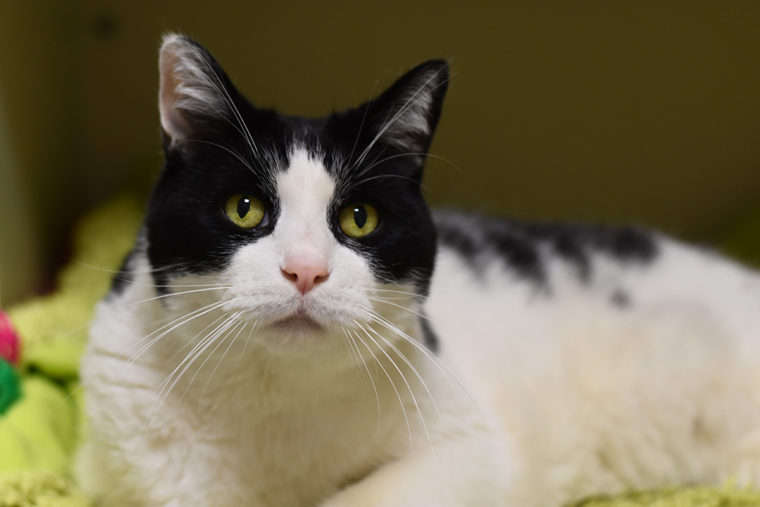
What is spaying and neutering?
Sometimes referred to as “altering,” or “fixing,” spay and neuter surgeries are ways of providing birth control for dogs and cats by removing their reproductive organs, therefore preventing them from having litters of puppies or kittens. Spaying is the procedure used for female pets, and neutering generally refers to the procedure used for male pets. The procedure is performed under anesthesia so the animal feels no pain, and recovery usually just takes a few days.
Benefits of spaying and neutering for your pets
Having your pet spayed or neutered benefits both you and your pet. Your pet can enjoy a longer life and better health, and you get peace of mind knowing your animal companion is safer and happier. Some specific benefits are:
- Reduced risk of breast, uterine, and ovarian cancer or infection in female cats and dogs
- Reduced risk of testicular and prostate cancer or maladies in male cats and dogs
- No unwanted pregnancies
- Reduced incidence of aggressive behavior in male cats and dogs
- Reduced desire to roam, breed, mark territory, fight with other animals for male cats and dogs.
- Reduced desire to roam or breed for female cats and dogs
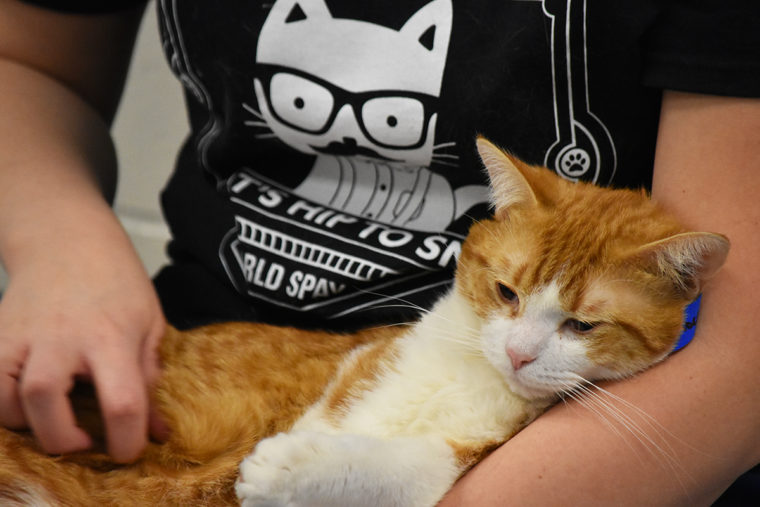
Benefits of spaying and neutering for our community
It’s not only important to spay and neuter the cats that live in our homes, but also outdoor cats that live in our community! Through our Feral Cat Program, we are able to provide affordable spay/neuter services and vaccinations for feral cat caretakers, in support of TNVR (Trap-Neuter-Vaccinate-Return). This service keeps down the population of unwanted litters, and ensures a better quality of life for cats in our community.
Here’s where you can learn more about what you can do to help community cats.
Spaying and neutering cats, indoor and outdoor alike, also helps alleviate some of the stress that is put on the population during “Kitten Season.” Kitten season typically starts in early spring and peaking in the summer and goes right through to fall. It’s a time of year when cats start to produce their kittens—in abundance. This includes unfixed free-roaming pets, friendly strays, or feral cats. According to the Humane Society of the United States, there are roughly 30 to 40 million community cats in the U.S. So, considering that just one female cat can have up to 12 kittens each year, the kittens start adding up rather quickly. In fact, 80% of the kittens born each year are from the community cat population. With nowhere to go, the majority of the unwanted kittens in Rochester will make their way to Lollypop Farm.
Learn more about Kitten Season and what you can do to help.
Common myths about spaying and neutering
There are a number of myths and misconceptions about spaying and neutering that sometimes prevent pet owners from spaying and neutering their pets, or cause concern about the procedure. Here are just a few of those myths, and the facts behind why they’re just not true.
Myth #1: My pet will get fat and lazy.
Spaying or neutering may diminish your pet’s overall activity level, natural tendency to wander, and hormonal balances, which may influence appetite. Pets that become fat and lazy after being altered usually are overfed and do not get enough exercise.
Myth #2: If we breed Rover and Fluffy, their puppies (or kittens) will be just like them.
Breeding two purebred animals rarely results in offspring that are exactly like one of the parents. And with mixed breeds, it is virtually impossible to have offspring that are exactly like one of the parents.
Myth #3: My pet’s personality will change.
Any change will be for the better! After being altered, your pet will be less aggressive toward other dogs or cats, have a better personality, and will be less likely to wander. Spraying (urine marking), which is often done by dogs and cats to mark their territory, diminishes or ceases after pets are altered.
Myth #4: My children should witness our pet giving birth.
Pets often have their litters in the middle of the night or in a place of their own choosing. Because pets need privacy when giving birth, any unnecessary intrusion can cause the mother to become seriously upset. These intrusions can result in an unwillingness to care for the offspring or in injury to the owners of the pet. Our Humane Education programs at Lollypop Farm provide resources for kids looking to learn more about animals – explore those programs here!
Myth #5: I am concerned about my pet undergoing anesthesia.
Placing a pet under anesthesia is a very common concern of owners. Although there is always a slight risk involved, the anesthetics currently used by veterinarians are very safe. Many veterinarians use equipment that monitors heart and upper respiratory rates during surgery to ensure that their patients are doing well under anesthesia. The medical benefits of having your pet spayed or neutered far outweigh the minor risk involved with undergoing anesthesia. Consult your veterinarian if you are concerned about this aspect of the procedure.
Myth #6: The surgery is painful for the animal, and may harm my pet.
During spaying/neutering, dogs and cats are fully anesthetized, so they feel no pain. Afterwards, most pets seem to experience some discomfort, but all signs of discomfort disappear within a few days, or even a few hours. Serious harm as a result of spay/neuter surgery is extremely rare.
Myth #7: The surgery is expensive.
Spay/neuter surgery generally costs less than most major surgeries, especially if the dog or cat is young and healthy. Also, many areas have low-cost spay/neuter clinics or programs in which local veterinarians perform spaying/neutering at reduced cost. Click here for more information on these low cost options!
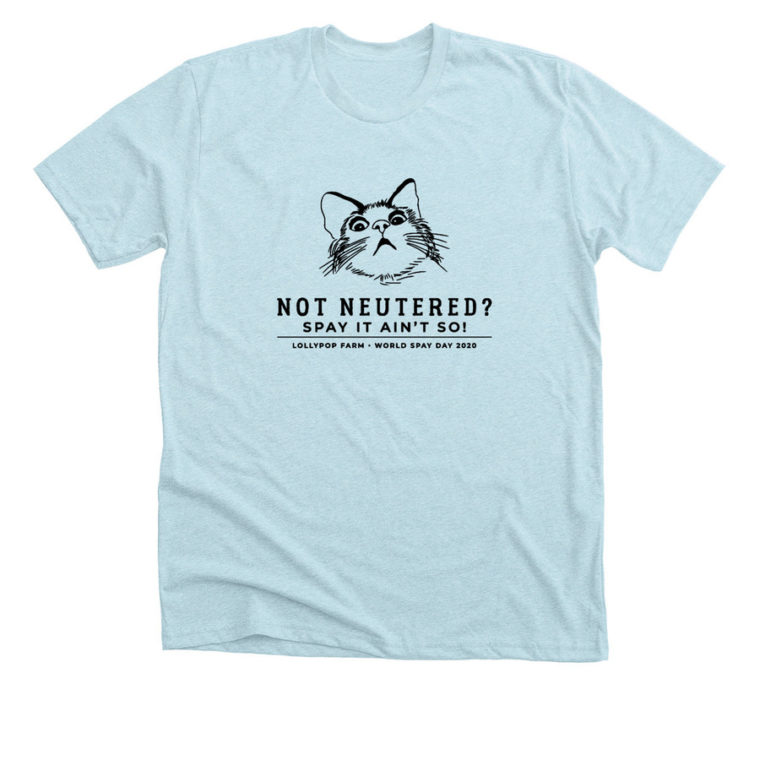
How you can help the cats
While all appointments are full for the day, you can still help the cats by ordering a World Spay Day t-shirt! Not only will your donation help provide veterinary services to pets in need, but your unique and fun apparel will help spread the word about the importance of spay/neuter in our community.
Get your World Spay Day shirt: bonfire.com/lollypopfarm-worldspayday

Learn more about our Spay/Neuter Incentive Program: www.lollypop.org/snip
Learn more about the benefits of spaying/neutering pets: www.lollypop.org/services/spayneuter-assistance/what-is-spaying-and-neutering

